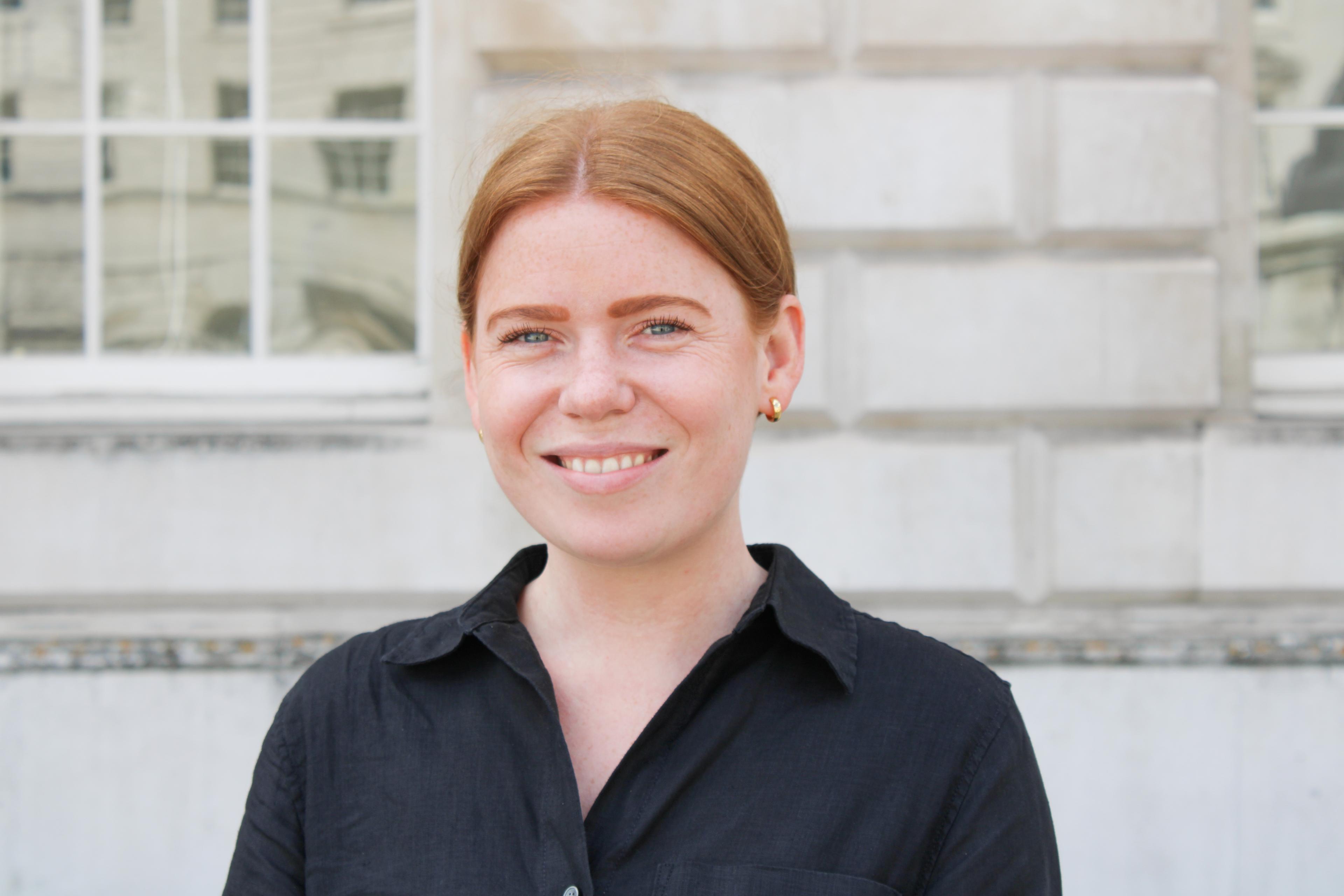ChristinaGansch


Contact

Keiron Cooke

Olivia Fitzsimons

Ivo Ivanov
Representation
About Christina
Austrian soprano Christina Gansch is the winner of the 2014 Kathleen Ferrier Award and is a graduate of the Royal Academy of Music and the Mozarteum in Salzburg. In 2021, Christina represented Austria in the final of the Cardiff Singer of the World Competition.
Her recent appearances include Pamina Die Zauberflöte, Zerlina Don Giovanni and Servilia La clemenza di Tito at the Royal Opera House, Covent Garden; Lenio in Martinů’s The Greek Passion, Servilia and 5th Maid Elektra at the Salzburger Festspiele; Zerlina for the San Francisco Opera and the Opéra national de Paris and Pamina at the Opéra national de Lorraine.
Christina has also appeared at the Glyndebourne Festival; Teatro alla Scala, Milan; the Hamburgische Staatsoper; Bayerische Staatsoper, Munich and Deutsche Staatsoper, Berlin.
Recent highlights on the concert platform have included Schubert’s Mass in E Minor with the Wiener Symphoniker/Andrés Orozco-Estrada; Mahler’s Symphony No.4 at the BBC Proms and Edinburgh Festival with the BBC Symphony Orchestra/Semyon Bychkov and with the SWR Symphonieorchester/Teodor Currentzis; Gretchen in Schumann’s Szenen aus Goethes Faust with the Rundfunk-Sinfonieorchester Berlin/John Storgårds; Haydn’s Nelson Mass with the Orquesta y Coro Nacionales de España/David Afkham; Mozart’s Requiem with the Göteborgs Symfoniker/Simone Young and his Mass in C Minor with the Mozarteum Orchester Salzburg/Adam Fischer and Brahms’ Ein Deutsches Requiem with the Philharmonisches Staatsorchester Hamburg/Kent Nagano.